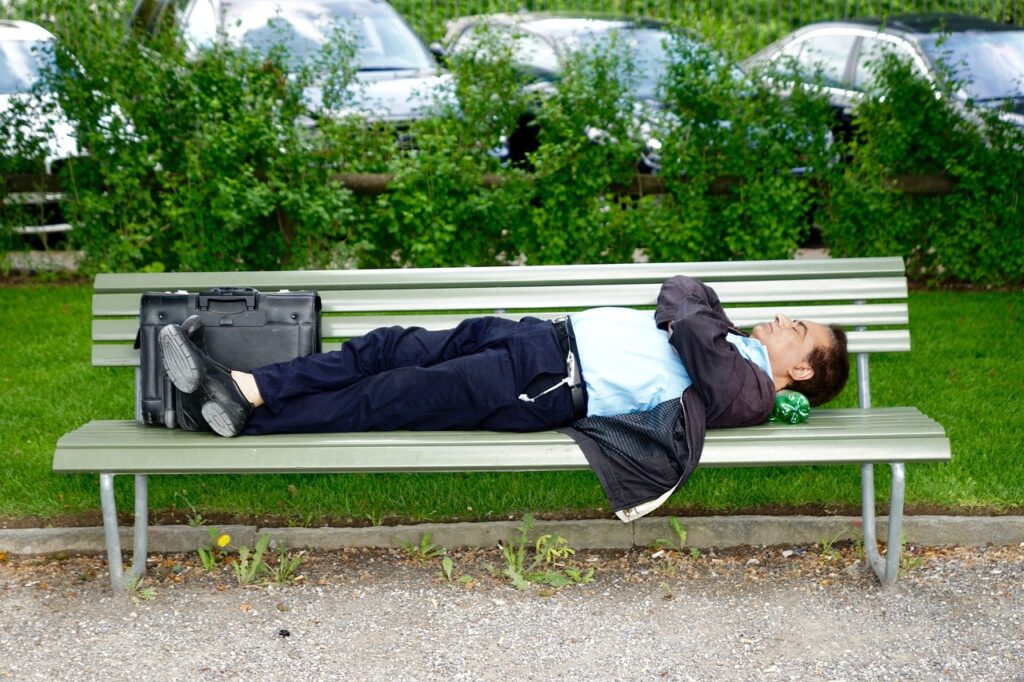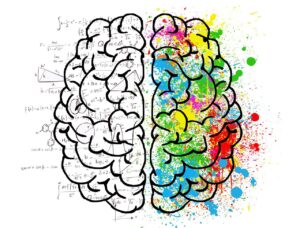How sleep Disorders impact Mental and Physical Health.
Sleep disorders can have a significant impact on both mental and physical health. When individuals experience trouble sleeping or suffer from insomnia, it can lead to a range of negative effects.
Insomnia, characterized by difficulty falling asleep or staying asleep, can leave individuals feeling exhausted and drained. This lack of quality sleep can result in decreased cognitive function, impaired concentration, and memory problems. It may also contribute to mood disorders such as anxiety and depression.

Moreover, sleep disorders can take a toll on physical health as well. Chronic sleep deprivation has been linked to an increased risk of developing conditions such as obesity, diabetes, cardiovascular disease, and weakened immune system.
1. Understanding Sleep Disorders
Sleep disorders encompass a range of conditions that disrupt the normal sleep pattern
Understanding what leads to sleep problems
- Stress and anxiety
- Poor sleep habits
- Medical conditions
- Medications
2. The Impact on Mental Health
– Psychological Effects: Lack of quality sleep can lead to mood swings, irritability, anxiety, and depression.
– Cognitive Impairment: Sleep deprivation affects cognitive functions such as memory, concentration, and decision-making abilities.
3. The Impact on Physical Health
– Weakened Immune System: Chronic sleep deprivation weakens the immune system’s ability to fight off infections.
– Increased Risk of Chronic Conditions: Lack of proper sleep has been linked to an increased risk of obesity, diabetes, cardiovascular diseases, and hypertension.
4. Solutions for Sleep Troubles
– Medical Interventions: Consultation with a healthcare professional is crucial for diagnosing and treating underlying medical conditions causing sleep disturbances.
– Natural Remedies: Establishing a consistent bedtime routine, creating a comfortable sleeping environment, practicing relaxation techniques like meditation or deep breathing can help improve sleep quality.
Lifestyle Changes for Better Sleep
- Practical tips for improving sleep
- Maintain a regular sleep schedule
- Create a comfortable sleep environment
- Limit screen time before bed
- Manage stress through relaxation techniques
Herbal Remedies
- Natural alternatives to promote sleep
- Many herbs and natural supplements have been traditionally used to promote better sleep.
- Valerian Root: Valerian is known for its sedative properties and can help improve sleep quality.
- Lavender: Lavender’s soothing scent can ease anxiety and promote relaxation.
- Chamomile: Chamomile tea is a popular remedy for sleeplessness and anxiety.
- Passionflower: This herb can help reduce anxiety and improve sleep quality.
- Melatonin Supplements: Melatonin is a hormone that regulates sleep-wake cycles. Taking melatonin supplements can help reset your body’s internal clock.
Dietary Choices
- Tryptophan-Rich Foods: Foods like turkey, chicken, and nuts are rich in tryptophan, an amino acid that promotes sleep.
- Magnesium-Rich Foods: Magnesium plays a role in regulating sleep. Include magnesium-rich foods like almonds and spinach in your diet.
- Herbal Teas: Herbal teas like chamomile, valerian, and passionflower can have a calming effect, making them perfect for bedtime.
- in better sleep
Physical Activity
- Exercise for a restful night
- The Importance of Regular Physical Activity: Exercise helps reduce symptoms of insomnia and sleep apnea while promoting a deeper sleep.
- Best Exercises for Better Sleep: Activities like walking, yoga, and swimming can improve your sleep quality.
Acupuncture and Acupressure
- Ancient practices for modern sleep problems
- How to seek professional help
Aromatherapy and Essential Oils
- Lavender Essential Oil: A few drops of lavender essential oil on your pillow can induce a sense of calm.
- Eucalyptus Essential Oil: Eucalyptus can help clear airways
Mindfulness and Meditation
- Relaxation techniques for better sleep
- Guided meditation apps and resources
When to Seek Medical Help
If self-help methods do not yield improvement in sleeping patterns or if the problem persists for an extended period despite attempts at self-care.
In conclusion, understanding the effects of sleeping disorders on mental and physical health is essential for addressing these issues effectively. By exploring various solutions like medical interventions and incorporating healthy lifestyle habits, individuals can improve their overall well-being and regain restful sleep.



